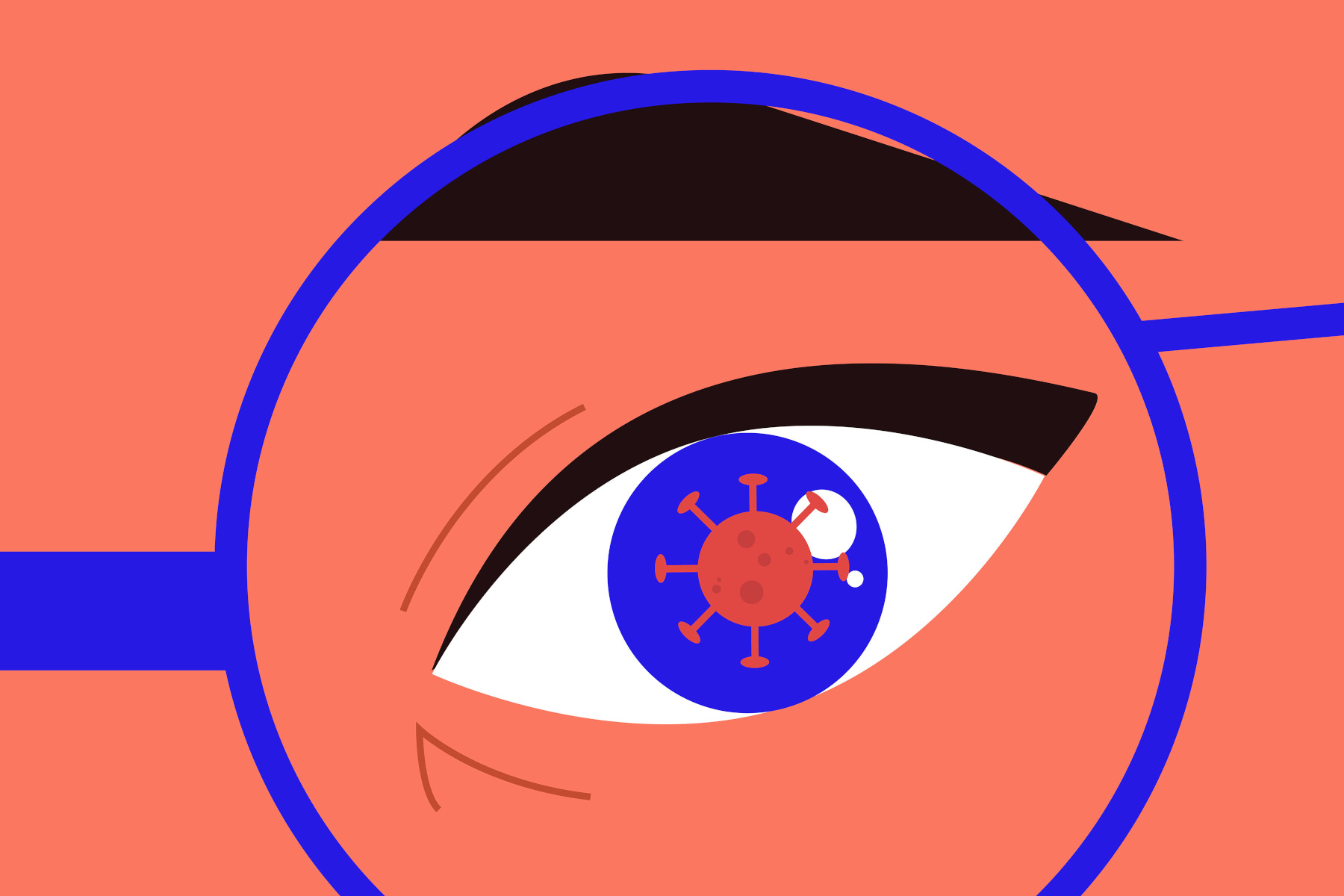As of April 8, 2024, masks are “no longer required in healthcare settings” in BC. This decision comes after data showing decreased COVID-19 levels in the province. However, COVID-19 hasn’t suddenly become less dangerous, nor has it disappeared. Data surrounding masks suggests the decision is questionable, if not dangerous. Healthcare settings have always been environments with increased pathogenic risk, which is why masks are so important.
Medical masks have been a thing long before COVID-19. Countries in Asia have worn masks for a variety of reasons “since at least the 1950s.” With the propagation of the SARS outbreak back in 2002, masks as a layer of protection have become a staple in many societies. Throughout the ongoing pandemic, and previous ones, they’ve been proven to be an efficient form of protection and prevention of airborne diseases. A wealth of studies have demonstrated masking’s effectiveness for both the wearer and those around them. One study showed masks were effective in “reducing symptomatic SARS-CoV-2 infections.” N95s are especially effective, with efficacy rates 48% higher than cloth masks.
Comments closed
